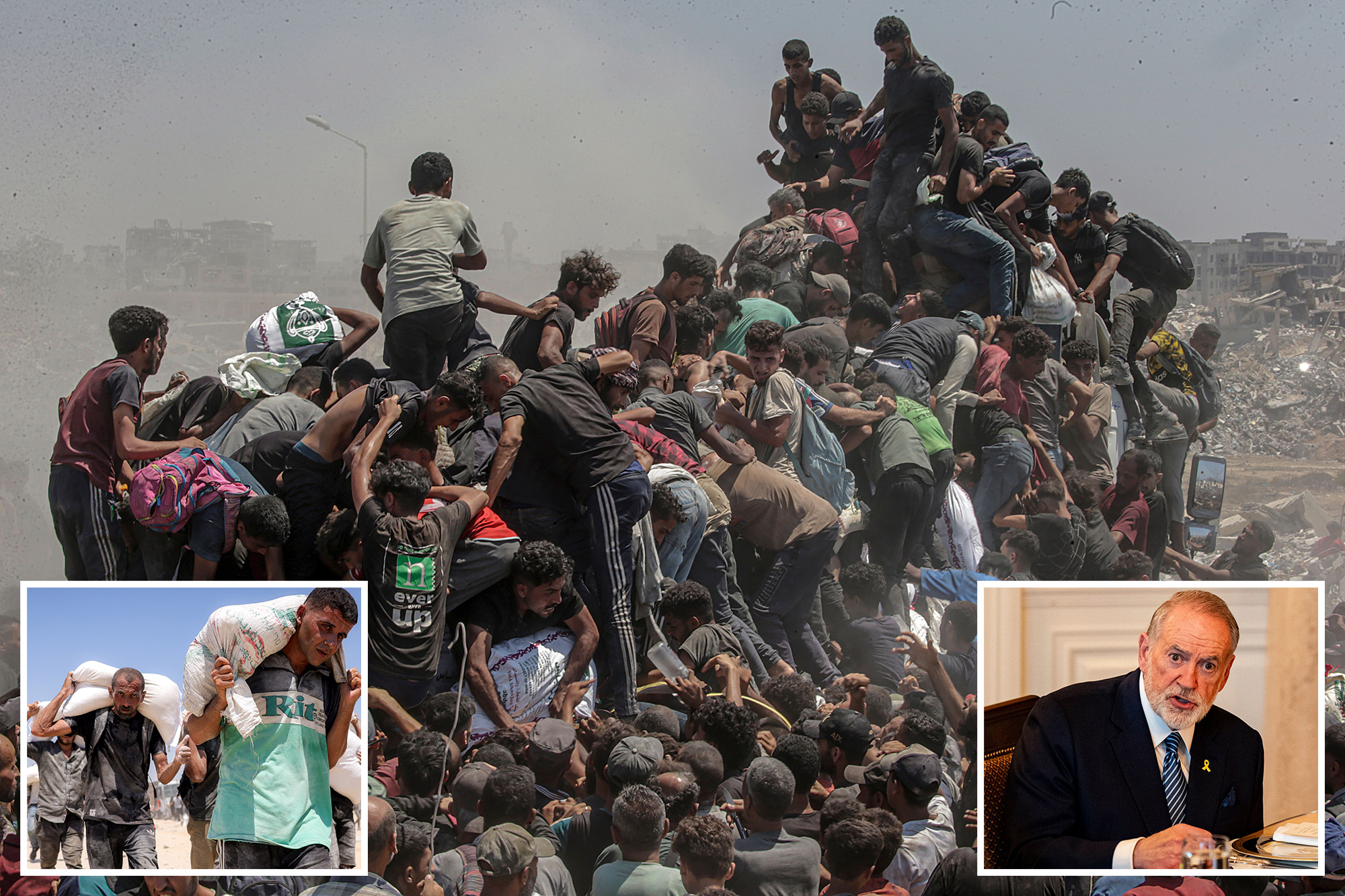U.S. Ambassador to Israel, Mike Huckabee, has sharply criticized the United Nations and The New York Times, attributing the chaos surrounding humanitarian aid delivery in Gaza to their actions. On Sunday, Huckabee described the situation as a “complete balagan,” a Hebrew term for chaos, and specifically called out these organizations along with Hamas for their roles in exacerbating the crisis.
In a post on X, Huckabee stated, “Are the UN, NY Times, and Hamas all happy now? I’m sure Hamas is. Their lies and propaganda destroyed the cease-fire deal, tried to discredit the safe and functioning GHF effort, emboldened Hamas, and resulted in this complete balagan! Saddest of all, hostage families are left with prolonged grief.” His remarks reflect a growing frustration among Israeli officials regarding the international narrative surrounding the humanitarian crisis.
The debate has intensified, driven by social media footage that has shown U.N.-led aid convoys putting civilians at risk. In contrast, American-managed distribution centers reportedly maintained secure operations. Israeli National Security Minister Itamar Ben-Gvir echoed Huckabee’s sentiments, stating, “The ‘humanitarian’ aid equals sustaining the enemy. Prime minister, stop spitting in the face of our fighters!”
In response, the Israel Defense Forces (IDF) released statements on Sunday defending their coordination of aid efforts. Brig. Gen. Effie Defrin, an IDF spokesperson, addressed the situation from the Kerem Shalom Crossing, asserting that “Israel is not blocking humanitarian aid. We are facilitating its entry every single day.” He provided data indicating that over 250 trucks of aid had been transferred into Gaza during the previous week and highlighted new airdrops and “humanitarian pauses” aimed at allowing aid to reach both northern and southern regions of Gaza.
Military authorities also noted their collaboration with the United Arab Emirates and Jordan, emphasizing that 28 airdropped packages were delivered on Sunday to counter claims of deliberate starvation in Gaza. According to an update from COGAT, Israel’s military body responsible for coordinating humanitarian needs, more than 120 aid trucks were collected and distributed across Gaza by the U.N. and international relief organizations on Sunday. An additional 180 trucks entered Gaza that same day, awaiting collection for distribution.
COGAT stressed the importance of efficient collection efforts by U.N. agencies and aid organizations as vital for increasing the flow of essential assistance to those in need. The Gaza Humanitarian Foundation (GHF) reported distributing over 20,000 food aid boxes at three locations, along with pilot shipments of fresh vegetables. During a visit to Kerem Shalom, GHF interim executive director John Acree praised the commitment of aid teams and urged organizations to prioritize humanitarian needs over political concerns.
To date, GHF has claimed nearly 95 million meals have been distributed. Reports indicated that operations on Sunday proceeded smoothly, with robust security measures in place at all distribution centers.
Israeli lawmaker Evgeny Sova from Yisrael Beitenu commented on the broader implications of the ongoing conflict, suggesting that Israel should communicate clearly with the United States, Qatar, Egypt, and European nations regarding its desire to end the war and transfer responsibility for Gaza. “The meaning of the move is that Israel will not allow its territory to be used to deliver any aid,” Sova stated. “If they feel responsible for the Gazans, then the pressure must be on Hamas and not on Israel.”
As the situation continues to evolve, the interplay of international aid efforts, local governance, and ongoing military operations remains a focal point of concern for all parties involved.








































































